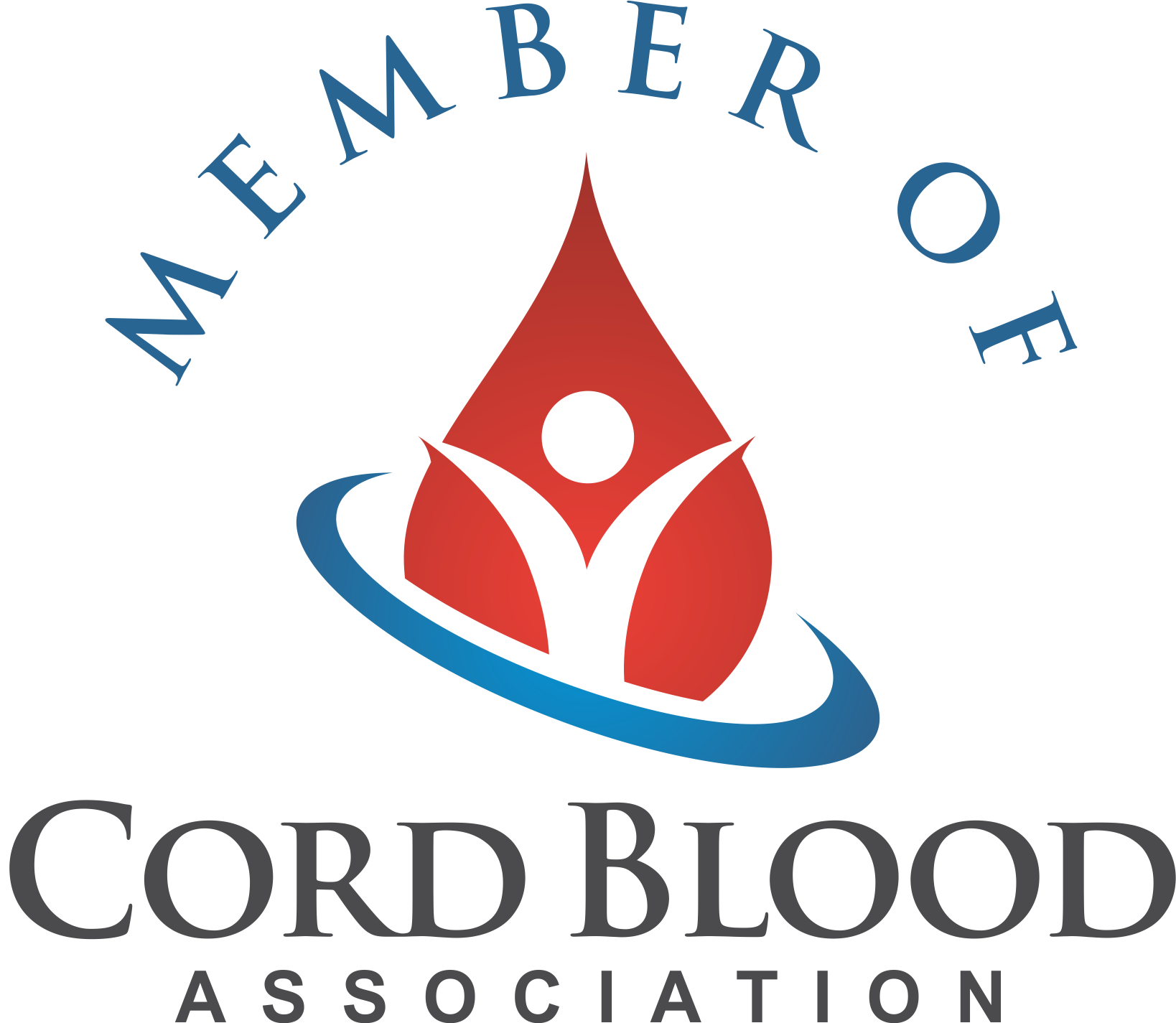A Cord Blood Registry (CBR) is a facility or service that specializes in the gathering, processing, and storage of umbilical cord blood. Click here for info is collected from the umbilical wire and placenta after childbirth, and it contains valuable hematopoietic stem cells that can be utilized in numerous medical treatments. Here are key elements related to Cord Blood Registries:

Collection Process:
After a child is born and the umbilical cord is clamped and reduce, the blood remaining in the twine and placenta is collected. This course of is quick, painless, and poses no risk to the baby or the mother.
Processing and Storage:
Once collected, the twine blood is processed to isolate and focus the stem cells. After processing, the twine blood is stored in specialised cryogenic storage tanks at extremely low temperatures to preserve the viability of the stem cells.
Hematopoietic Stem Cells:
Hematopoietic stem cells present in cord blood have the distinctive capability to distinguish into varied kinds of blood cells, including red blood cells, white blood cells, and platelets.
Medical Applications:
Cord blood stem cells are used in medical treatments, notably within the field of hematopoietic stem cell transplantation. These therapies are employed in the administration of certain genetic disorders, blood cancers, and diseases affecting the blood and immune system.
Public vs. Private Cord Blood Banking:
Cord Blood Registries could be categorized into public and private banks.
Public Cord Blood Banks: Donated cord blood is stored in a public registry and becomes obtainable for anyone in want of a stem cell transplant. It is often free of charge for the donating families.
Private Cord Blood Banks: Families pay a fee to store their child's wire blood in a personal registry for his or her exclusive use sooner or later.
Registry Services:
Cord Blood Registries typically provide further providers corresponding to testing, genetic screening, and household matching companies to make certain that the stored twine blood is appropriate for potential future use throughout the family.
Education and Counseling:
Cord Blood Registries might provide educational assets and counseling to expectant dad and mom to help them make informed selections about whether or not to store their baby's wire blood and whether to decide on a public or non-public cord blood financial institution.
Quality Standards and Accreditation:
Reputable Cord Blood Registries adhere to strict quality standards and may be accredited by relevant regulatory bodies. Compliance with these standards ensures the protection and efficacy of the stored wire blood.
It's necessary for fogeys to fastidiously contemplate their choices, including the prices, advantages, and potential risks, when deciding whether to use a Cord Blood Registry service and whether or not to opt for public or personal twine blood banking..
